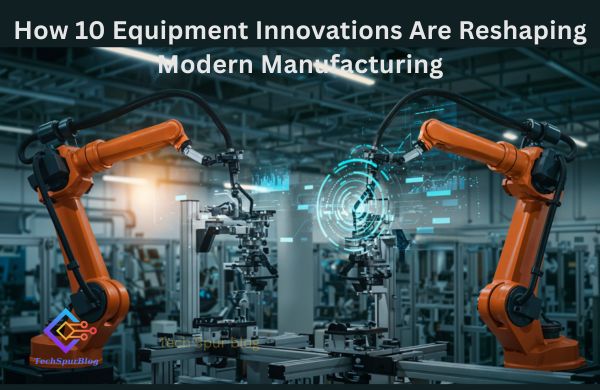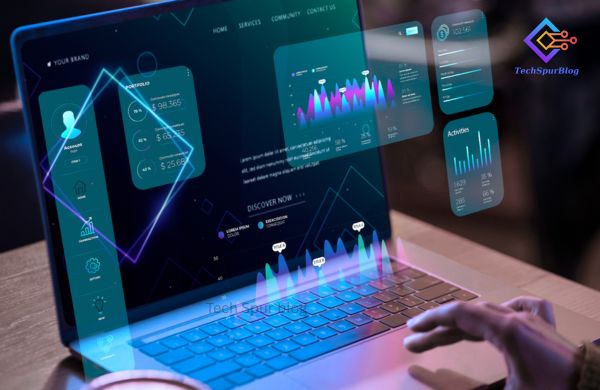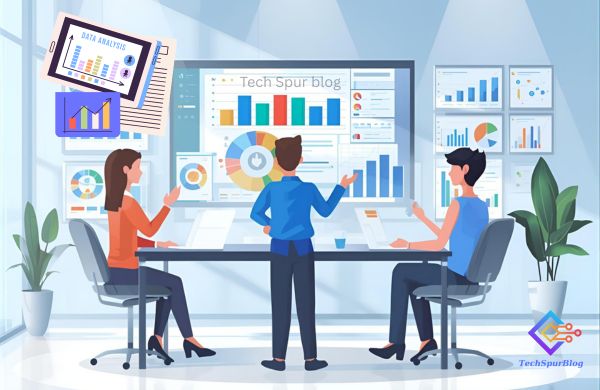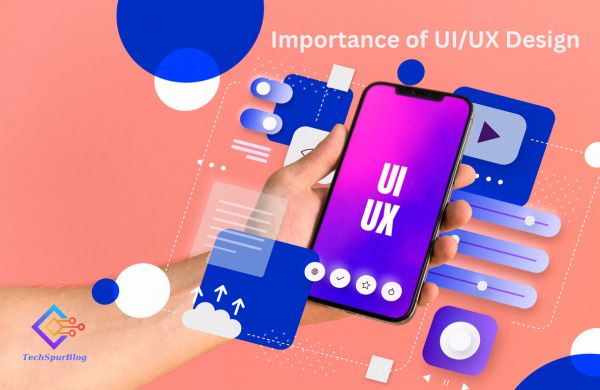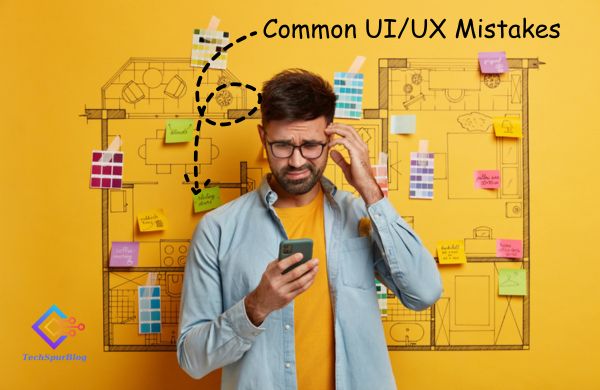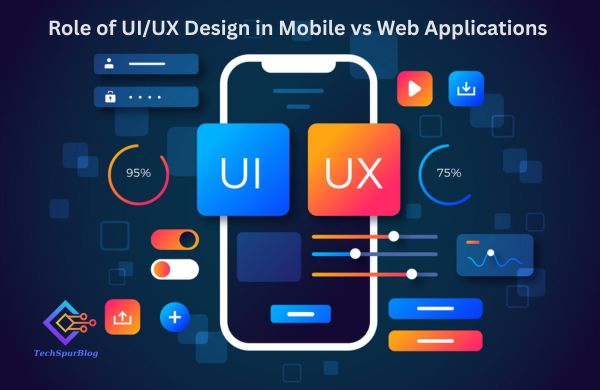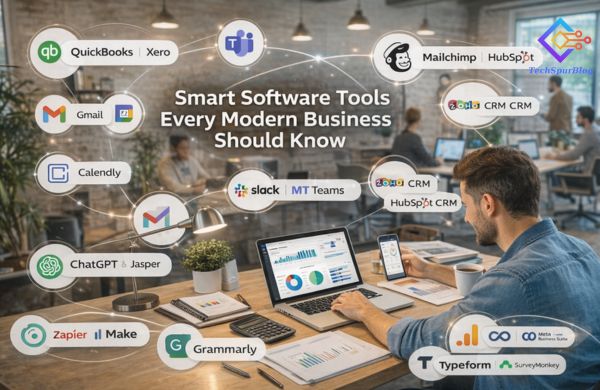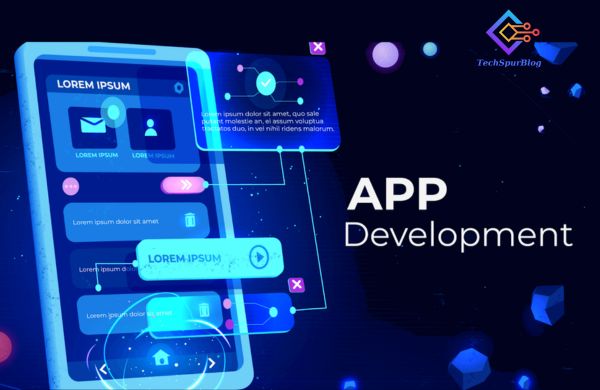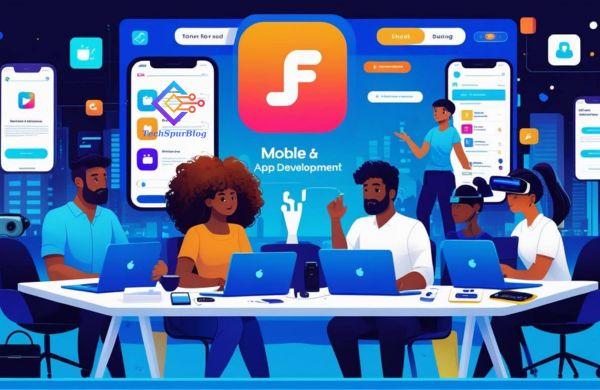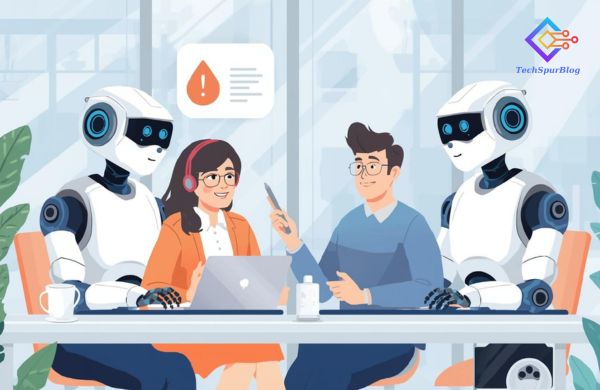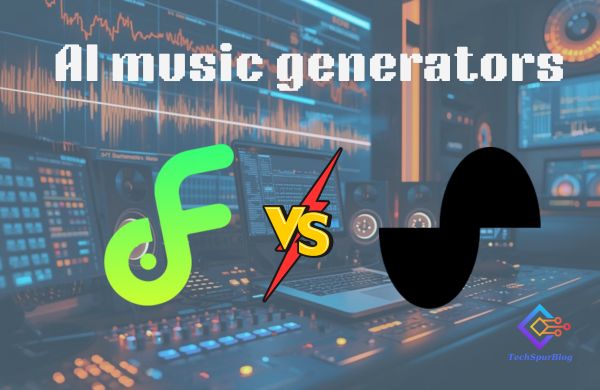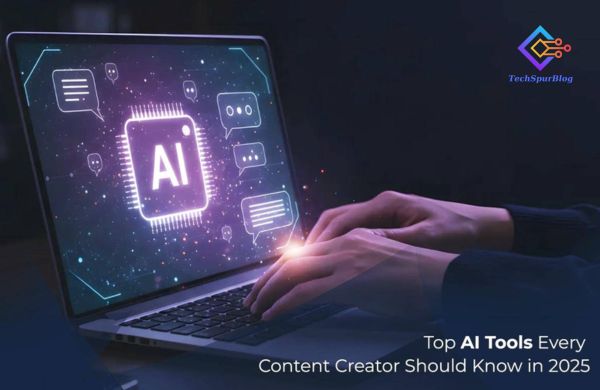Hey there, fellow tech enthusiasts! If you feel like you’re hearing about a new “revolutionary” AI tool every other day, you’re not alone. The pace of innovation is exhilarating, almost dizzying.
But amidst the constant buzz, which AI advancements are truly poised to move beyond novelty and fundamentally change the way industries operate? As of May 2025, we’re seeing some incredibly powerful trends emerge, offering more than just incremental improvements – they’re offering entirely new ways of creating, problem-solving, and interacting with the world.
Forget the clunky AI of yesteryear. Today, we’re talking about sophisticated systems that can learn, adapt, and even create in ways that were once firmly in the realm of science fiction. Let’s dive into a few trendy AI tools and concepts that have a massive perspective and are already starting to send ripples, if not waves, across various sectors.
Hyper-Personalization Engines: The AI That Knows You (Better Than You Know Yourself?)
We’ve all experienced basic personalization – Netflix recommending shows or Amazon suggesting products. But the next generation of AI-driven personalization is on a completely different level. These systems analyze colossal datasets of user behavior, preferences, and contextual information in real-time to deliver experiences so tailored they feel uniquely crafted for each individual.
Industry Impact:
- E-commerce & Retail: Imagine online stores that dynamically rearrange their entire layout and product offerings based on your individual browsing history, predicted needs, and even your current mood (inferred from interaction patterns).
- Education: Adaptive learning platforms that adjust curriculum, teaching styles, and difficulty levels in real-time to match a student’s specific learning pace and comprehension. This means truly individualized education, catering to diverse learning needs like never before.
- Healthcare: Personalized treatment plans based on your genetic makeup, lifestyle, and real-time health data from wearables.
- Content Consumption: News feeds, social media, and entertainment platforms that curate content so precisely it feels like they’re reading your mind.
This isn’t just about better recommendations; it’s about creating deeper engagement, improving outcomes (in education and healthcare), and fostering unprecedented customer loyalty.
Also Read: OnePlus AI Music Studio: Creating AI-Powered Music Videos in a Snap!
Generative AI Unleashed: From Text and Images to Entire Soundtracks
Generative AI has exploded into the mainstream, with tools that can write articles, create stunning images, and even code. But the trend is pushing far beyond these initial applications.
- The Rise of the AI Co-Creator: We’re seeing AI become a genuine partner in creative processes.
- AI in Design & Engineering: Architects are using AI to generate countless design iterations based on specific constraints (materials, cost, environmental impact). Engineers are using it to design more efficient components.
- AI in Software Development: AI tools can now write significant chunks of code, debug, and even suggest architectural improvements, dramatically speeding up development cycles.
- And Now, AI in Music & Audio: This is where things get really exciting for content creators, marketers, and even musicians themselves. The emergence of sophisticated AI music generator platforms is a game-changer. For years, finding the right music for a video, podcast, or presentation meant either navigating complex licensing for existing tracks or hiring a composer, which could be expensive and time-consuming.
- Now, tools like the Adobe Express AI music creator are democratizing audio creation. Imagine needing a specific mood – say, an uplifting, inspiring track for a product launch video, or a calming, ambient piece for a meditation app. You can describe the genre, mood, tempo, and even specific instruments, and an AI music generator can compose an original piece of music in minutes. This isn’t just about creating generic background jingles; the quality and complexity are rapidly improving.
- Impact on Content Creators: YouTubers, podcasters, and indie filmmakers can now easily access custom, royalty-free soundtracks.
- Impact on Game Developers: Imagine dynamic game soundtracks that adapt in real-time to the player’s actions and the game’s atmosphere, all generated by AI.
- Impact on Marketing: Brands can create unique audio branding and custom music for ad campaigns quickly and cost-effectively.
- Impact on Musicians: While some fear displacement, others see AI music generators as powerful tools for inspiration, for quickly drafting ideas, or for creating backing tracks.
AI in Scientific Discovery: Accelerating Breakthroughs
The sheer volume of data in scientific research is overwhelming for human researchers alone. AI is stepping in as an indispensable tool to accelerate discovery.
Industry Impact:
- Drug Discovery & Development: AI algorithms can analyze molecular structures and biological data to predict how new drugs might work, identify potential candidates, and even design new molecules from scratch, drastically reducing the time and cost of bringing new medicines to market.
- Materials Science: AI is being used to discover and design new materials with specific properties – think lighter, stronger alloys for aerospace, or more efficient materials for solar panels.
- Climate Change Modeling: AI can process vast amounts of climate data to create more accurate predictive models, helping us understand and mitigate the effects of climate change.
- Genomics & Personalized Medicine: AI helps analyze complex genomic data to understand diseases better and develop personalized treatment plans.
Also Read: Extract Audio From Video: Unveiling the Power of Sound Separation
The Next Wave of Automation: Intelligent Robotics & Autonomous Systems
We’re moving beyond basic robotic process automation (RPA) to truly intelligent systems that can perceive, reason, and act in complex, dynamic environments.
Industry Impact:
- Manufacturing: “Cobots” (collaborative robots) that can work safely alongside humans, adapting to new tasks and improving efficiency and safety on the factory floor.
- Logistics & Supply Chain: Autonomous trucks, drones for delivery, and intelligent warehouse systems that optimize inventory management and order fulfillment.
- Healthcare: AI-powered surgical robots that can perform procedures with greater precision, and AI diagnostic tools that can analyze medical images to detect diseases earlier.
- Agriculture: Precision agriculture using AI-powered drones and sensors to monitor crop health, optimize irrigation, and reduce the use of pesticides.
The Human Factor: Navigating the AI Revolution
As these powerful AI tools become more integrated into our industries, it’s crucial to remember the human element. The goal isn’t wholesale replacement but augmentation. These tools are here to enhance human capabilities, automate tedious tasks, and unlock new levels of creativity and efficiency.
Ethical considerations, data privacy, and the potential for job displacement are all critical conversations we need to have as we navigate this AI-driven transformation. But the potential for positive change – for solving some of our biggest challenges and creating a more efficient, personalized, and innovative world – is immense.
Looking Ahead: An AI-Powered Future
The AI tools and trends we’ve touched on are not just fleeting fads. They represent a fundamental shift in how we approach work, creativity, and problem-solving. From hyper-personalized customer journeys to AI-composed soundtracks and accelerated scientific breakthroughs, the “big perspective” for these technologies is one of profound transformation.
The key for individuals and businesses alike will be curiosity, adaptability, and a willingness to explore how these tools can be leveraged for good. The future isn’t just coming; with AI, we’re actively building it, one algorithm, one dataset, and one brilliant idea at a time. What AI tool will you explore next?


